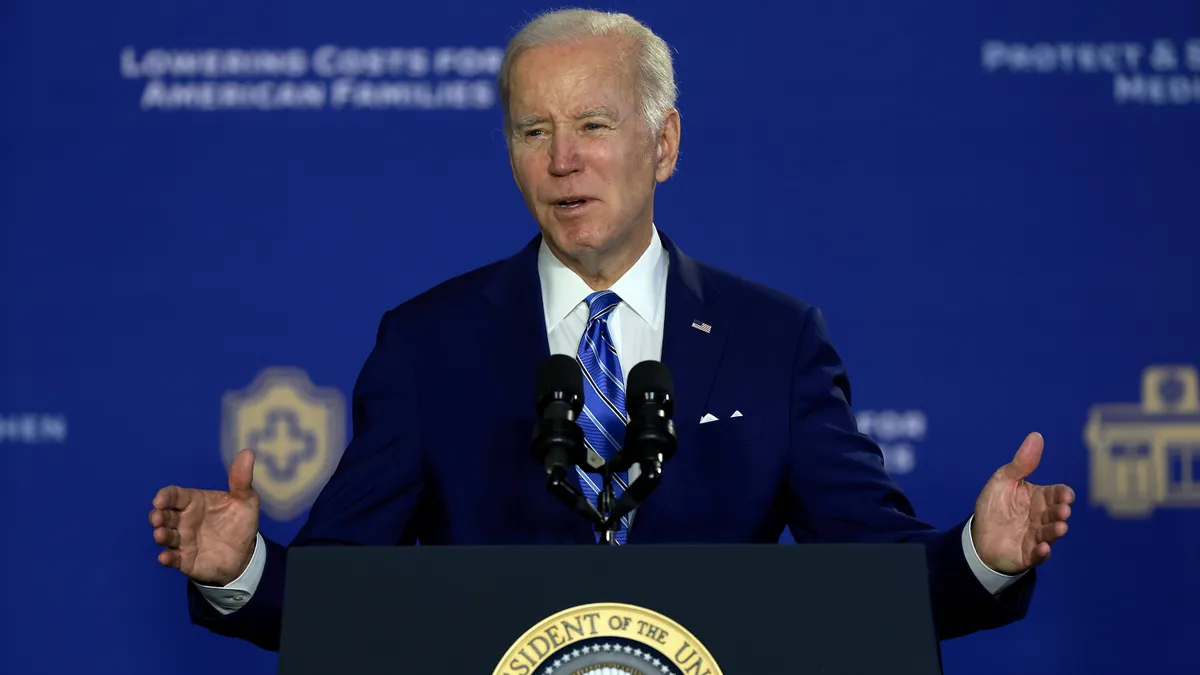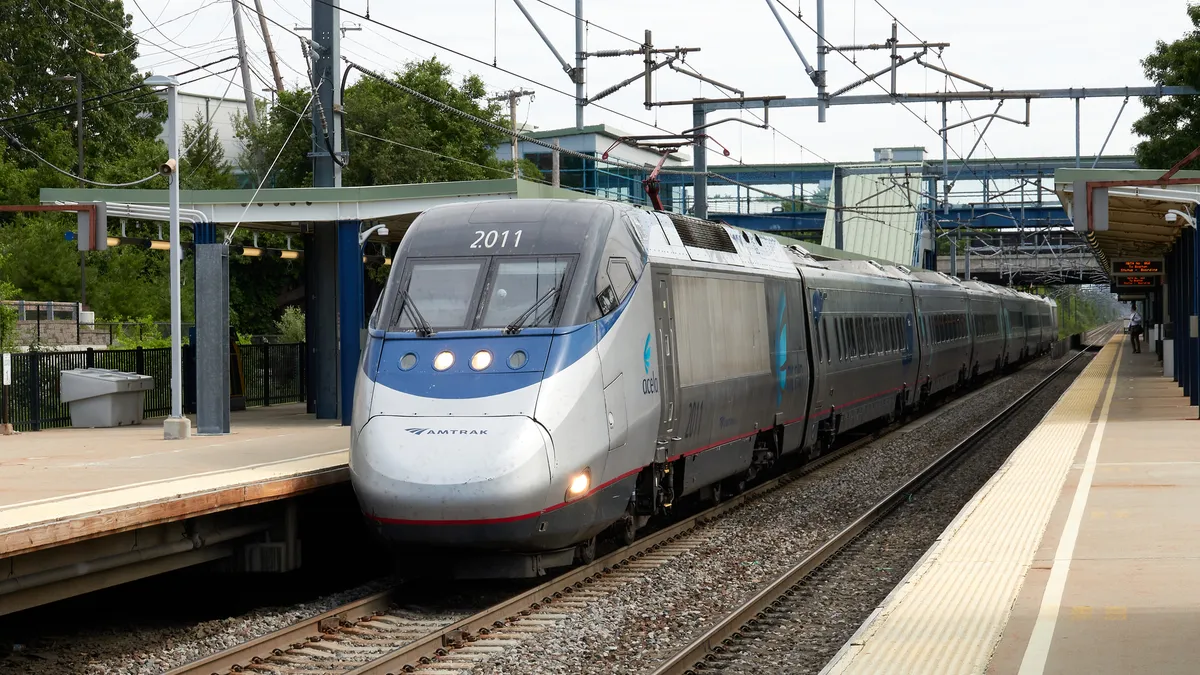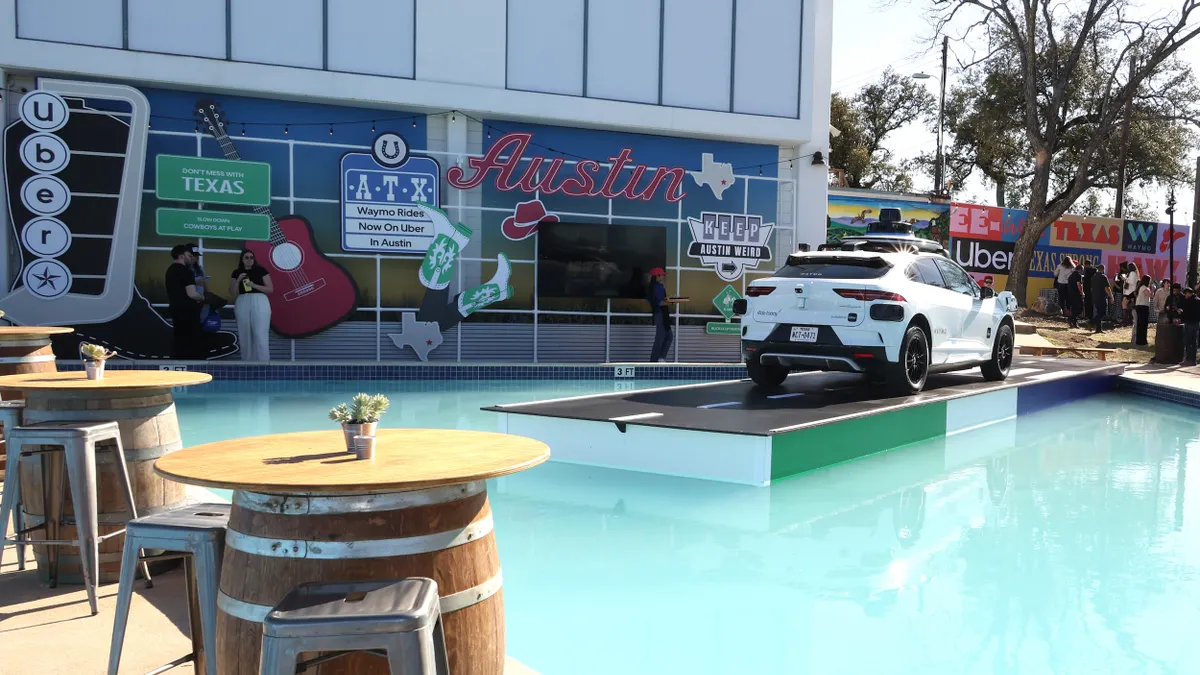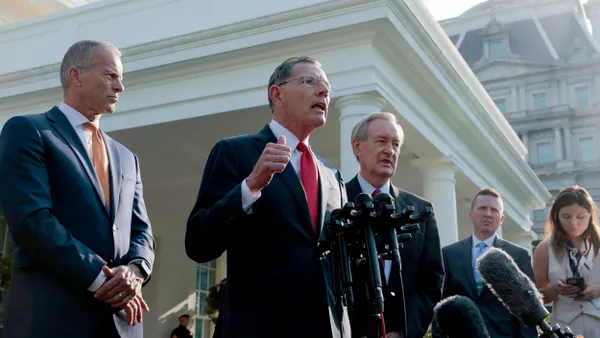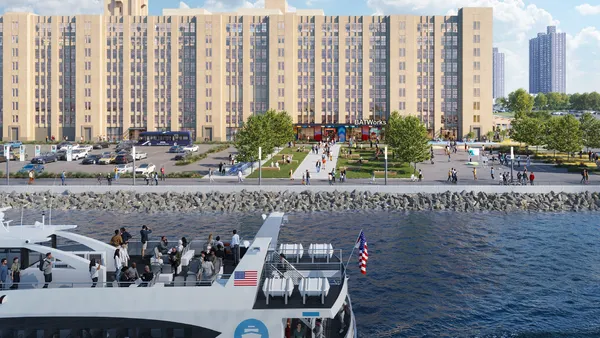President Joe Biden marked America Recycles Day by issuing an annual proclamation calling on residents to do their part to “secure a greener, cleaner, and more sustainable future” through recycling, reduction and reuse strategies.
The proclamation, similar to the one Biden issued last year, carries on a tradition dating back to at least 1999 during Bill Clinton’s administration. “We recognize the critical role recycling plays in caring for our environment and addressing the existential threat of climate change,” Biden wrote in this year’s message.
The president highlighted efforts his administration has undertaken this year, including the U.S. EPA’s recent $105 million in grants for recycling and waste infrastructure, which Biden says is the largest recycling investment in nearly 30 years. He also touted continued work on initiatives first laid out in the National Recycling Strategy in 2021.
Separately, the EPA announced on Wednesday that it will award additional recycling grant money, this time a total of $93 million in grants to tribes and intertribal consortia for 84 different recycling infrastructure projects and educational outreach programs. About $60 million comes from Solid Waste Infrastructure for Recycling (SWIFR) grant funding, while $33 million comes from the Recycling Education and Outreach grant program.
Winning projects include installing mobile recycling stations on tribal lands, purchasing equipment such as balers, and constructing an energy-efficient cardboard recycling facility.
Biden asked Americans to be diligent about sorting waste and recycling into the correct bins, learning more about what items are recyclable in their cities and towns and getting involved in composting and waste reduction efforts, especially efforts to reduce single-use plastics.
The proclamation called upon manufacturers and businesses to offer more sustainable products, adopt more effective recycling and reuse strategies and design and build “durable projects that are fully recyclable.”
Biden acknowledged there are still “too many barriers to recycling,” including confusion over what items can be recycled and challenges with finding markets for material. He also pointed out recycling’s environmental justice connection. “Many people, especially people of color and low-income Americans, have suffered disproportionately from the damaging effects of pollution, including landfilled, dumped, or incinerated waste.”
“Everyone has a role to play, and by working together to recycle, we can improve the health of our environment and our world for generations to come,” he said.



